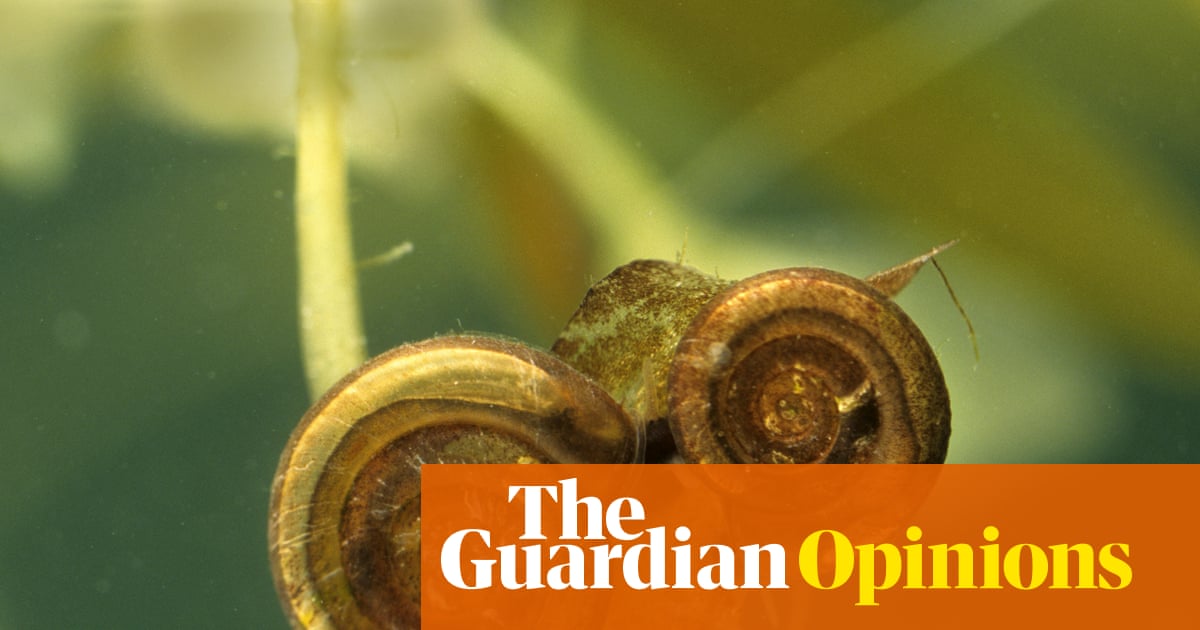
"Last Tuesday, the chancellor, Rachel Reeves, told a conference of tech executives that she'd intervened to help a developer build about 20,000 homes in north Sussex that had been held up, she said, by some snails a protected species or something. She added that they are microscopic you cannot even see them. No one could miss the direction the chancellor was headed in."
"The snail in question, the lesser whirlpool ramshorn, is one of Britain's rarest freshwater creatures, found in only a handful of locations and highly sensitive to sewage pollution. But Ms Reeves portrayed it as a bureaucratic nuisance. She then bragged that she'd fixed it after a friendly developer gave her a call. It's a bad look for a Labour politician, let alone the chancellor, to boast that green rules can be bent for chums."
"The scheme was given the go-ahead a day before drought was declared in Sussex, potentially giving water companies cover to breach their licence obligations including measures meant to protect the snails. Ms Reeves won't like being compared to Liz Truss, but the analogy works. Three years ago, Ms Truss railed against an anti-growth coalition of environmentalists, lawyers and regulators who, she claimed, were blocking Britain's path to prosperity. Ms Reeves is framing the issue the same way: growth is the priority, nature the obstacle."
The chancellor intervened to advance a 20,000-home development in north Sussex after a developer raised concerns about delays attributed to a protected snail species. The lesser whirlpool ramshorn is extremely rare and sensitive to sewage pollution, yet the intervention portrayed the species as a bureaucratic nuisance and enabled planning progress. The approval occurred a day before Sussex drought declaration, potentially permitting water companies to breach licences and protections. The intervention echoes a growth-versus-nature framing, while public polling shows a clear preference for protecting wildlife over prioritising construction at any cost. Treasury proposals aim to weaken green planning rules.
Read at www.theguardian.com
Unable to calculate read time
Collection
[
|
...
]